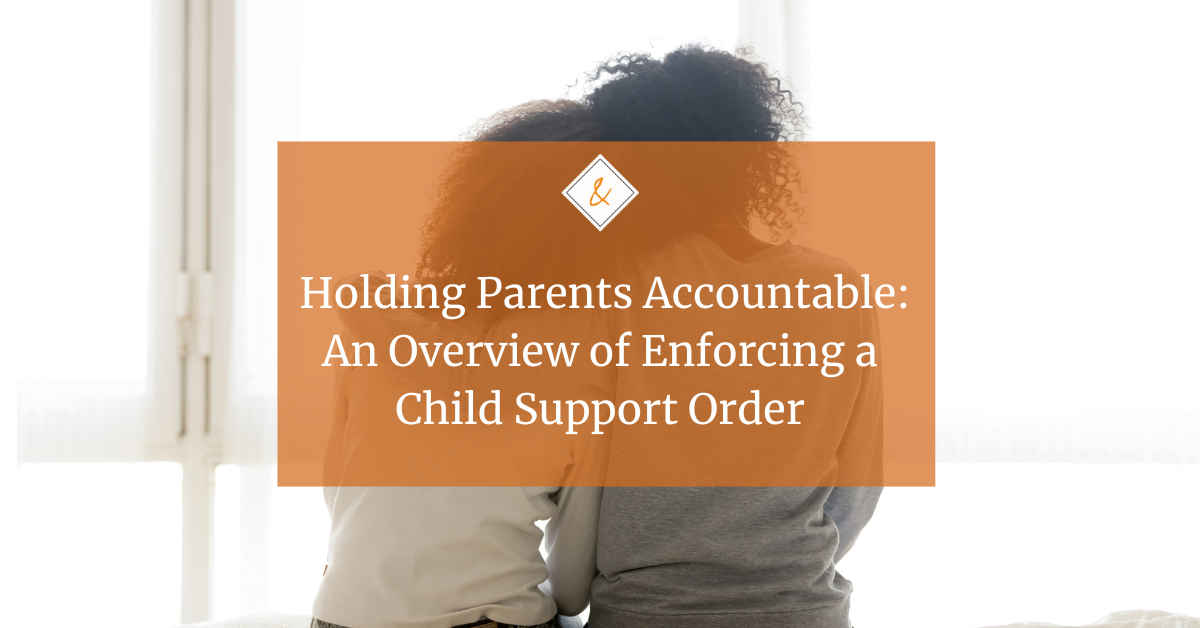Naturally, many parents are worried about how their divorce could impact their children and often don’t know the best approach on how to talk to their children about their divorce. If you and your spouse have decided to divorce, pick a time with your spouse to tell your children together of your plans. A united front is the best approach. It’s important to tell your children about the divorce but elaborate details and stories are not necessary. Be cognizant of what is age appropriate for your child. A simple statement that you and your spouse can’t get along anymore may suffice. An older child may want more details but stay clear of laying blame or being critical of your spouse for the reason your marriage is ending.
Your children may be concerned about change and what the divorce means for them. You can explain that some things may be different now (for example, one parent may not continue to live in the house and may sleep at another house some nights) but many things will still be the same. Stress that the divorce has nothing to do with them and that you both love them and will always love them. If it is impossible or impracticable to tell the children together, you may want to consider seeking professional advice from a therapist as to the best way to communicate your decision to divorce to your children. After you have told your children that you are divorcing that should really be the end of the discussions regarding the divorce.
The following are some guidelines going forward after you have told the children about the divorce:
- You should never put your children in the middle of the divorce.
- You should never discuss the divorce process with your children or involve them in any way with issues regarding support, payment of bills, custody issues or schedules for example.
- You should not use the children as messengers to communicate information to your spouse.
- You should not speak badly about or blame the other parent. While this may prove difficult, it does not help your child for him or her to hear nasty statements or criticism about her mom or dad.
- You should share the logistical information with your children regarding where they will be and what times. This will help them with a sense of routine.
- If you are involved in custody litigation, do not coach your child about what to say if they will be interviewed by the judge or master. Their responses to the questions should evolve from their own feelings and point of view and not from you. If your child sounds like you have told them what to say this will not bode well for you in the judge’s eyes.



